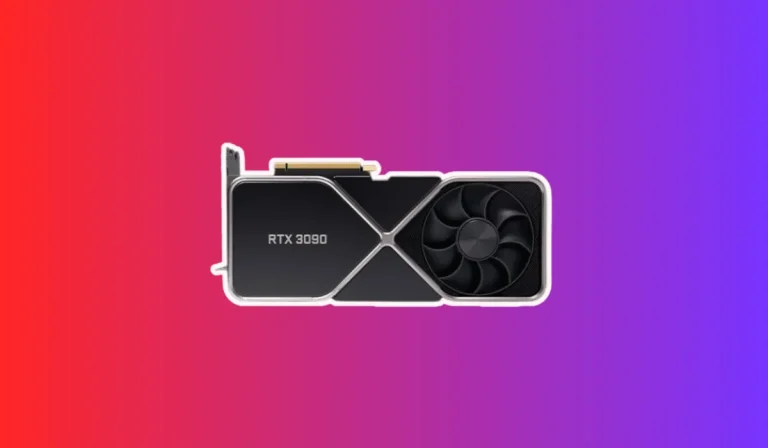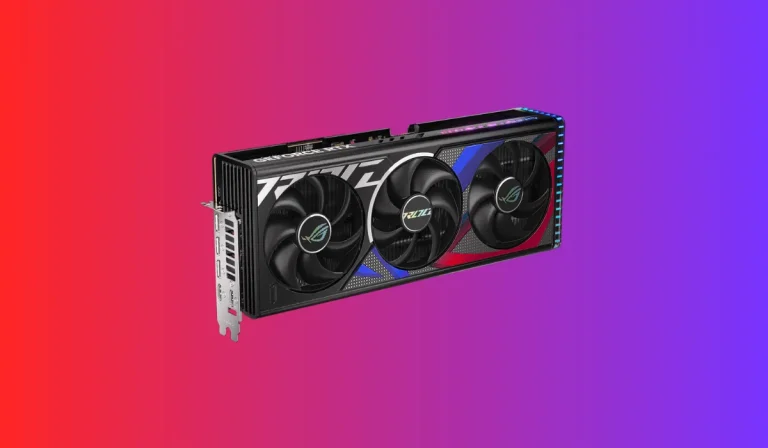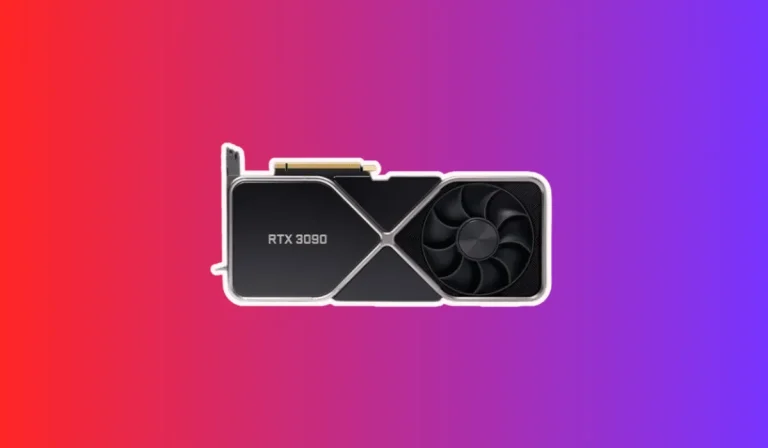Do You Really Need a CPU Cooler?
Are you aware of the importance of temperature management for your computer’s CPU? As a seventh-grader, you might not be familiar with all the technical details, but don’t worry! We’ll explore why temperature control is crucial for CPUs and provide a brief overview of CPU coolers and their role in maintaining optimal performance.
Why is a CPU Cooler Necessary?
A CPU (Central Processing Unit) is like the brain of your computer, handling all the calculations and operations. However, this intense activity generates a significant amount of heat.
If left unchecked, this heat can cause a multitude of problems, affecting both the performance and lifespan of your CPU. This is where a CPU cooler comes into play.
Maintaining Optimal Temperatures
CPUs are designed to operate within specific temperature ranges. When temperatures rise too high, the CPU can start to throttle its performance, slowing down to prevent overheating.
This can lead to sluggish performance, lag, and reduced efficiency. Additionally, sustained high temperatures can cause long-term damage to the CPU, shortening its lifespan.
Efficient Heat Dissipation
A CPU cooler’s primary role is to dissipate the heat generated by the CPU. It consists of a heatsink, which absorbs the heat, and a fan or liquid cooling system that helps transfer the heat away from the CPU.
By efficiently dissipating the heat, the CPU cooler keeps the temperature within the acceptable range, allowing the CPU to operate optimally.
Preventing Thermal Throttling
Thermal throttling occurs when the CPU reaches its maximum temperature and starts reducing its clock speed to cool down. This can significantly impact performance, causing applications to run slower and affecting tasks that require high processing power, such as gaming or video editing.
A CPU cooler helps prevent thermal throttling by maintaining temperatures within the safe range, ensuring consistent performance.
What Happens Without a CPU Cooler?
Without a CPU cooler, your computer’s CPU can face various risks and complications due to excessive heat buildup. Let’s explore what can happen if you neglect to use a CPU cooler:
Increased Risk of Thermal Throttling
When a CPU operates at high temperatures for extended periods, it can trigger thermal throttling. This means the CPU automatically reduces its clock speed to lower the temperature, resulting in a significant performance drop.
Tasks that require high processing power, such as gaming or video editing, may become frustratingly slow and less efficient.
Potential Damage to the CPU
Overheating can cause irreversible damage to the delicate components within the CPU. High temperatures can lead to the degradation of the CPU’s internal structures, such as transistors and circuits.
This damage can impact the CPU’s overall functionality, leading to system instability, crashes, and even permanent failure.
Risk of System Instability
Excessive heat can affect not only the CPU but also other components in your computer. The increased temperature can impact the stability of your system, leading to unexpected freezes, sudden shutdowns, and data loss.
Over time, these issues can become more frequent and severe, ultimately affecting your overall computing experience.
Reduced Lifespan of Components
Heat is known to be a major contributor to the degradation of electronic components. Without a CPU cooler, the excessive heat can shorten the lifespan of your CPU and other hardware components.
This can result in the need for frequent replacements, leading to additional costs and inconvenience.
Benefits of Using a CPU Cooler
Using a CPU cooler offers several benefits that contribute to the overall performance and longevity of your computer system.
Improved Performance
A CPU cooler helps maintain optimal temperatures, allowing the CPU to operate at its full potential. By dissipating heat efficiently, the cooler prevents thermal throttling, ensuring that the CPU can consistently deliver the processing power needed for demanding tasks.
This translates to smoother and more responsive performance, whether you’re gaming, multitasking, or running resource-intensive applications.
Extended Lifespan of Components
Excessive heat can significantly impact the lifespan of your CPU and other hardware components. By using a CPU cooler, you can regulate temperatures within safe limits, reducing the risk of long-term damage.
Cooler operating temperatures help preserve the integrity of the CPU and prevent premature failure, ultimately increasing the lifespan of your system.
Enhanced System Stability
Heat can cause instability in your computer system, leading to crashes, freezes, and unexpected shutdowns. A CPU cooler helps dissipate heat effectively, maintaining stable operating temperatures.
This promotes a more reliable computing experience, minimizing the risk of system instability and data loss.
Quieter Operation
Some CPU coolers come with advanced fan designs and noise-reducing features. By efficiently dissipating heat, these coolers can operate at lower fan speeds, resulting in quieter operation.
This is particularly beneficial for those who value a quiet computing environment, whether it’s for work, entertainment, or simply to reduce background noise.
FAQs
1. Can’t I rely on the stock cooler that comes with my CPU?
While stock coolers are designed to handle basic cooling needs, they may struggle to maintain optimal temperatures under heavy workloads or in hot environments. Investing in a dedicated CPU cooler can provide better cooling performance and ensure consistent operation.
2. My computer case has multiple fans, do I still need a CPU cooler?
While case fans help with overall airflow, they primarily cool the surrounding components and may not provide sufficient cooling for the CPU. A CPU cooler is specifically designed to directly dissipate heat from the CPU, ensuring it stays within safe temperature limits.
3. I’m not into gaming or heavy tasks, do I really need a CPU cooler?
Even for light computer usage, a CPU cooler is essential for maintaining optimal temperatures and preventing potential damage to the CPU. It helps ensure longevity, stable performance, and prevents any unforeseen issues that may arise from excessive heat.
4. Can’t I just rely on liquid cooling for my CPU?
Liquid cooling can provide excellent cooling performance, especially for high-end systems or overclocking. However, it may be more expensive and complex to install compared to air coolers. Depending on your needs and budget, a well-designed air cooler can offer sufficient cooling performance for most users.
5. My CPU has built-in thermal protection, is a CPU cooler still necessary?
While CPUs have built-in thermal protection mechanisms that can help prevent damage from extreme temperatures, relying solely on this feature is not recommended. A CPU cooler is necessary to maintain optimal temperatures, prevent thermal throttling, and ensure consistent performance and longevity of the CPU. The built-in protection is a safety measure, but it’s always best to avoid pushing the CPU to its limits and keep temperatures under control with a dedicated cooler.
Conclusion
When it comes to keeping your computer running smoothly, a CPU cooler plays a vital role. We’ve explored the importance and benefits of using one, from improved performance and extended component lifespan to enhanced system stability and quieter operation.
Remember, making an informed decision based on your individual needs and system requirements is crucial. Invest in a reliable CPU cooler to optimize your computer’s performance and protect your valuable hardware investment.
Key takeaways:
- A CPU cooler ensures optimal temperatures and prevents thermal throttling.
- It extends the lifespan of components and enhances system stability.
- A CPU cooler can provide quieter operation, reducing background noise.
- Consider your usage needs and budget when choosing between air and liquid cooling options.




